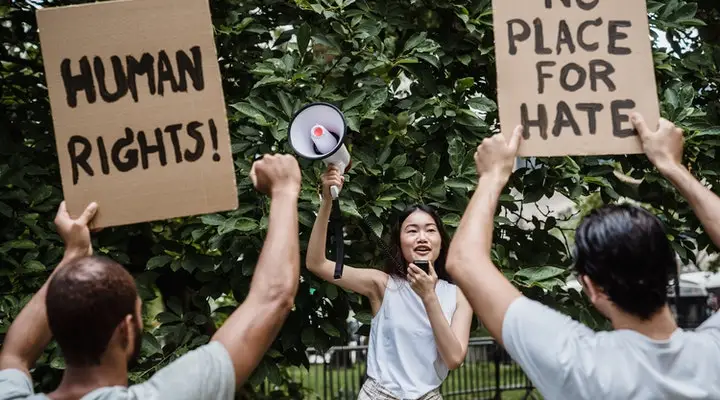Want to fight for social justice in Malaysia? Scroll down to find out how you can dabble in the youth advocacy scene!

For Kathleeya Richard (Kath), co-Founder of two mental health initiatives: KauOkTak (for secondary school students in Malaysia) and Taylor’s very own Connect, her journey began with a potluck.
Following the conversation she had with other Taylorians on the need to create safe mental health avenues for students in 2019, Kath has since won a grant for KauOkTak and conducted numerous mental-health workshops, webinars, and events. KauOkTak was even featured in a BFM radio podcast.
Currently, she’s working on creating education opportunities for underprivileged Siamese children in Malaysia. (@karnsuksa.msia)

Next, we’ve Jeypraba Veerapan (Jey). Besides being a law undergraduate, she’s the current Project co-Lead for Parliwomen, an initiative first developed under Felo Parlimen in 2021. With their mission to encourage Malaysian women's political participation, they’ve two pillars namely (1) raising awareness and (2) empowerment.
Parliwomen has since then received 71 participants sign-up for their signature Camp Politik and was even invited to speak at Women's March Malaysia 2022 picnic on the theme, ‘Rise: Resist'.
Her advocacy journey started in 2021 when her fellow law classmate invited her to join Parliwomen as a project coordinator last year.



